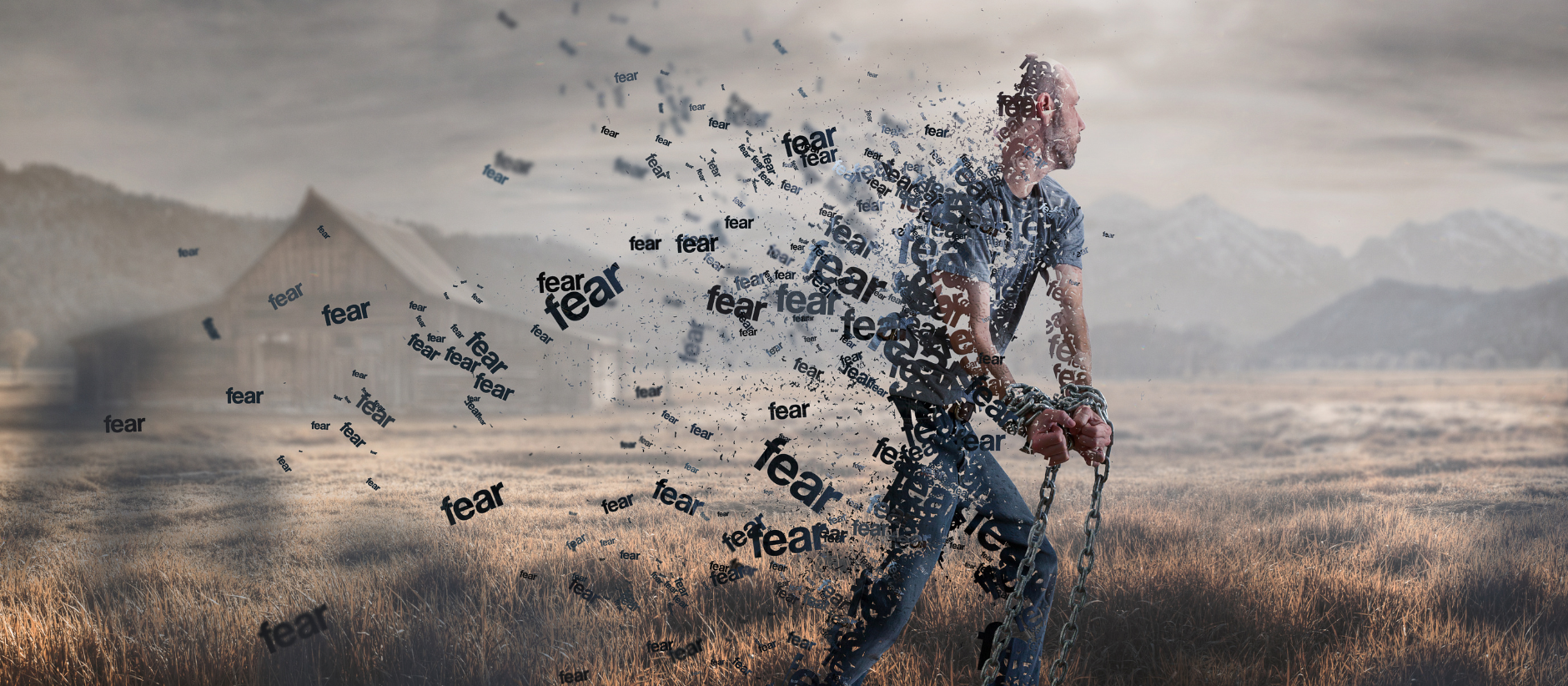During my practice I deal with a wide variety of fears but fear of dying is the most common, hidden under other phobias and fears to the point where clients can’t even recognize they have it.
Let’s answer these questions today:
Why are we afraid of dying?
Is thanatophobia a mental illness?
What are the symptoms of thanatophobia?
Is thanatophobia curable?
What are the roots and causes of thanatophobia?
How do I get rid of my fear of death?
Why are we afraid of death?
We start to be interested in death from a very early age so our perception of death depends on our environment and in many cases on how our caregivers viewed death. It also depends what beliefs we form and what strategies we build out of emotional or traumatic experiences.
Fear of dying takes its roots either from a long term belief about death or from a certain situation that can trigger beliefs like: I can’t die now! I haven’t lived yet! I still need some time to resolve my life tasks! My kids still need me, who will take care of them?
The other main reason why we are afraid of dying is our lack of knowledge on “death”. The more we learn about our spiritual side, the more connected we become to our true selves, the less we fear “the end” of our physical form.
Is thanatophobia a mental illness?
No, thanatophobia is not a mental illness. Though this fear can cause real physical and emotional symptoms, thanatophobia is not classified as a mental illness.
And if you form the belief it is, you will live by that belief where every thought and every feeling will be a confirmation of this belief. Having a fear, rational or irrational is very normal in today’s society and it is in our power to understand the reason for the fear and to transform it, so that it doesn’t bother us, and in some cases even benefits us.
What are the symptoms of thanatophobia?
Fear of dying can cause the body to show physical symptoms, as the mind and body are always connected. While logically we understand that death is a part of life cycle, that every creature on this planet dies eventually, subconsciously even thinking about death can throw the body into a full panic attack. This inner conflict between the logic that understands and rationalizes everything and the subconscious that operates by pure emotions and feelings is what causes us confusion, anger and frustration.
These are the main symptoms that people experience when struggling with thanatophobia:
– Negative, intrusive thoughts about death
– Anxiety and panic attacks (usually when triggered by the ‘trek’ – a turbulence, driving on highways, diagnosis, doctor’s appointments, crowds, heights)
– Being overly cautious in everyday activities
– Avoiding potentially risky situations (flying, swimming, hiking, driving)
– Talking to friends and family members thinking it might be the last time
– Overachieving, to the point when nothing is enough. This symptoms can indicate that a person believes there will not be enough time for reaching goals, enjoying wealth and social recognition
– Addictive behaviors to numb the fear
– Emotional and spiritual immaturity
It is not likely we have all the symptoms, it depends on a person’s lifestyle, background and childhood experiences, but many people report anxiety and constant worry about their life with negative catastrophizing thoughts as the most common ones. Whether you have one or many symptoms, the only question you need to ask yourself is: What price am I paying for having this fear? Why am I afraid of the natural process of life? What is this fear trying to tell me?
What are the roots and causes of the fear of dying?
When you get to the root cause of this fear, you become aware of the triggers and reasons for it. Knowing is not doing of course, but understanding is the first step to taking any actions, especially with fears.
Here are main roots and causes of the fear of death:
- Regrets about your life or past mistakes. Regret means constantly looking into the past and thinking what could have been done differently. However, it’s like crying over a burnt omelet – it won’t return to a good cooked condition. When we have regrets, fear of dying can creep in to caution us about the speed of life and that there is still so much to do. The language of fear in this situation will sound like this: look, you might not have enough time to fix that mistake, you better hurry because what if something happens?
- Guilt. This negative self-destructive feeling enters our life during early development years. So if the root of the thanatophobia is guilt, we need to work on guilt first, releasing the past, integrating the trauma and accepting ourselves just the way we are, with every up and down moment.
- Anger that you are not living your life. In this case, the best example will be a job you don’t enjoy, a toxic relationship or spending time in a circle of people who don’t inspire you.
- Disconnection. It can be anything – disconnection from our heart’s desires, disconnection from nature, disconnection from our body. All these moments and so much more are best described in the book by Johann Hari Lost Connections
- Perfectionism. The need to be perfect is a compensation strategy to cover inner feelings of inadequacy and low self-esteem. But because we cannot be perfect, we usually feel like there is not enough time to become “perfect”. That can cause anxiety and fear that you haven’t even lived to feel “the beauty of feeling enough”
- Playing a role in life. We all play a role in life as a coping mechanism to fit into the social norms, starting from the need to be loved by parents (I have to be good to be loved) to the need to be accepted in society. When we play a role, our authentic life is passing by, and because we all have an inner roadmap that guides us, there can be an inner conflict between our true inspirations and the need to be someone. That creates a fear that “you haven’t even lived your life”
- Feeling out of control. There is a misconception to believe that we can control something other than our mind. Even our bodies can be out of control (abuse, accidents, and injuries). Death is viewed by most as one of the scariest uncontrolled events that can happen to us. When we understand that we cannot control life, we cannot control the future or other people we can finally find peace in life, knowing and believing in the natural flow of life.
- Sudden life changes. For example, you finally separated from an abusive partner. Your self love is returning, you start to feel better every day. Now that something positive is happening, your inner guardian can become even more cautious about the future unexpected threats and events, letting in the fear to let you know that this can end as well. In reality, inner guardian is just the part of us that is enhancing their importance by fears, nothing else. To overcome fear in this case is to work with the balance of giving and receiving. When something good happens in our life, maybe it’s time to start receiving the good things, to appreciate the gifts of the universe?
Is thanatophobia curable?
Yes, and the only person who can overcome it is you. You can have a lot of advice, coaching, and support but unless you realize you are in control of your own healing, the fear will keep invading every area of your life. Not only fear of death can be overcome, but you can find an immense joy in life once you take steps towards healing, understand the process and make decisions. You see, all fears have purpose in our life, fear of death being one of them. It can tell us exactly what we need to do or what we are doing wrong and why.
How do I get rid of my fear of death?
Fears are quite painful reminders that point us in the direction of self-discovery and self-healing. Here this is an inner voice of thanatophobia:
Hey, look at your life! Are you living it the way you want it? Are you aligned with your core values? Do you want to keep going like that? It’s time for a change until it’s too late (however it’s never too late)
So in brief, fear of dying is not bad, it’s your point of growth if you recognize it. Sometimes in order to stop this fear, we need to make decisions that look very terrifying at the beginning but are so crucial to the process. Like: quitting our job, starting our own business, turning a long life hobby into a start-up, ending the toxic relationships, emotionally separating from parents who might still have a word to say in our adult life (emotional and spiritual separation is essential to the development of a strong personality).
And remember, the more meaningless life we live, the stronger the fear of death is. Find what excites you and you will notice the fear dissolving and disappearing. Fears never live in the state of flow, they only thrive in the state of danger.

